Nutrition Supplements for Cancer Patients
Evidence-based information on supplements that may support cancer treatment and recovery
Understanding Nutrition Supplements for Cancer Care
While a balanced diet is crucial for cancer patients, certain supplements may offer additional support during treatment. Below is an evidence-based guide to key supplements, their potential benefits, and considerations for use.

Important Considerations
Consult Your Healthcare Team
Always discuss supplements with your oncologist or registered dietitian before starting any new regimen. Some supplements may interact with chemotherapy, radiation, or other medications.
Whole Foods First
Supplements should complement, not replace, a nutrient-dense diet. Focus on whole foods like fruits, vegetables, lean proteins, and healthy fats as the foundation of your nutrition plan.
Quality Matters
Not all supplements are created equal. Choose high-quality brands that undergo third-party testing for purity and potency. See our guide below for selecting the best supplement brands.
Key Nutrition Supplements
Explore evidence-based information on supplements that may support cancer treatment, recovery, and overall well-being.

Reishi Mushroom (Ganoderma lucidum)—known in traditional Chinese medicine as Lingzhi, meaning “spiritual potency” or “mushroom of immortality”—is one of the most revered adaptogenic fungi in the world. It has been used for over 2,000 years to promote vitality, longevity, and inner balance.
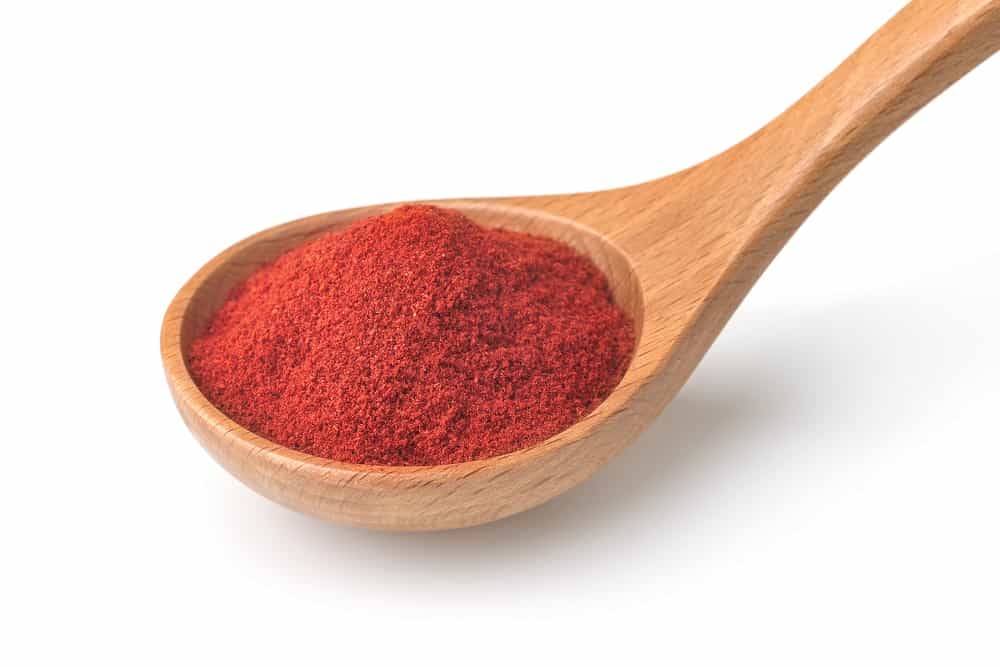
Astaxanthin is a naturally occurring carotenoid pigment belonging to the xanthophyll family, responsible for the vibrant red-orange color found in microalgae (Haematococcus pluvialis), salmon, krill, shrimp, and flamingos. It is one of the most potent natural antioxidants known, often referred to as the “king of carotenoids.”

Fucoidan is a naturally occurring sulfated polysaccharide found in various species of brown seaweed such as Undaria pinnatifida (Wakame), Fucus vesiculosus (Bladderwrack), and Laminaria japonica (Kombu). It has been widely studied for its immune-modulating, anti-inflammatory, antioxidant, and cellular-protective properties.

Boswellia serrata, also known as Indian Frankincense, is a resin extracted from the Boswellia tree, native to India and parts of the Middle East. It has been used for thousands of years in Ayurvedic and traditional medicine for its profound anti-inflammatory, analgesic, and rejuvenative properties.
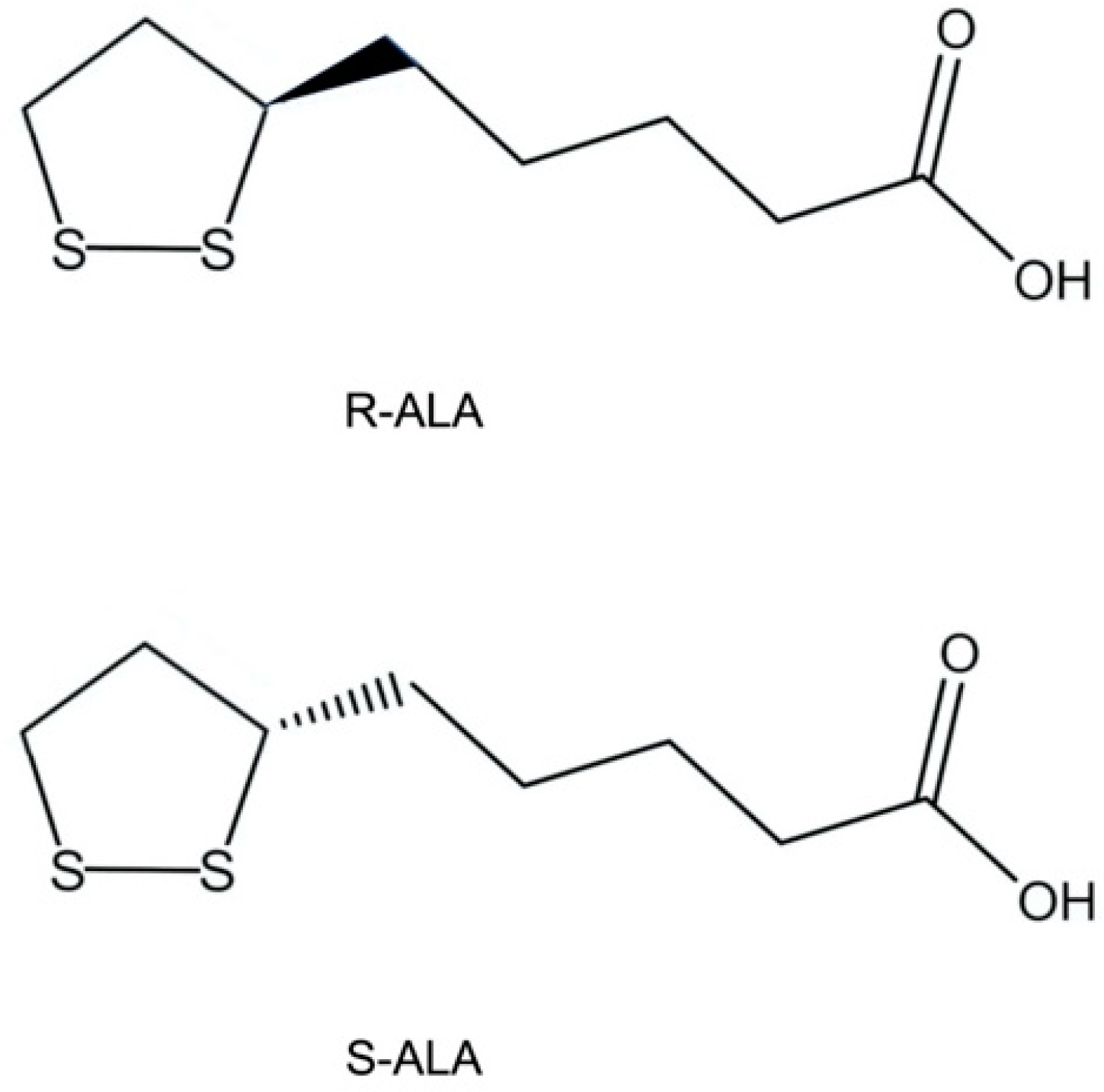
Alpha Lipoic Acid (ALA) is a naturally occurring sulfur-containing compound that functions as both a coenzyme and a universal antioxidant. It plays a critical role in energy metabolism, mitochondrial function, and cellular protection.

Vitanox is a broad-spectrum botanical antioxidant complex developed to support cellular protection, detoxification, and healthy aging. It combines four clinically studied herbal extracts—Green Tea (Camellia sinensis), Rosemary (Rosmarinus officinalis), Turmeric (Curcuma longa), and Grape Seed (Vitis vinifera)—each contributing potent polyphenols and antioxidant compounds that act synergistically to enhance redox balance and metabolic resilience.

Theaflavin is a naturally occurring polyphenolic compound found in black tea (Camellia sinensis), formed during the fermentation (oxidation) of green tea catechins. It belongs to a unique group of antioxidant molecules responsible for black tea’s distinct amber color and robust flavor, and is increasingly recognized for its powerful anti-inflammatory, antioxidant, and metabolic-regulating effects.

Super Artemisinin is a highly concentrated form of Artemisinin, a bioactive compound extracted from the sweet wormwood plant (Artemisia annua). Artemisinin and its derivatives (such as artesunate and artemether) are best known for their potent antiparasitic, antioxidant, and cytoprotective properties, but modern research has expanded its use into immune, metabolic, and cellular health support.

Salicinium is a plant-derived glyco-benzaldehyde compound formulated to support immune modulation, metabolic balance, and cellular integrity. It is best known for its role in targeting abnormal cellular metabolism—particularly the excessive sugar metabolism (glycolysis) often seen in stressed or rapidly dividing cells.
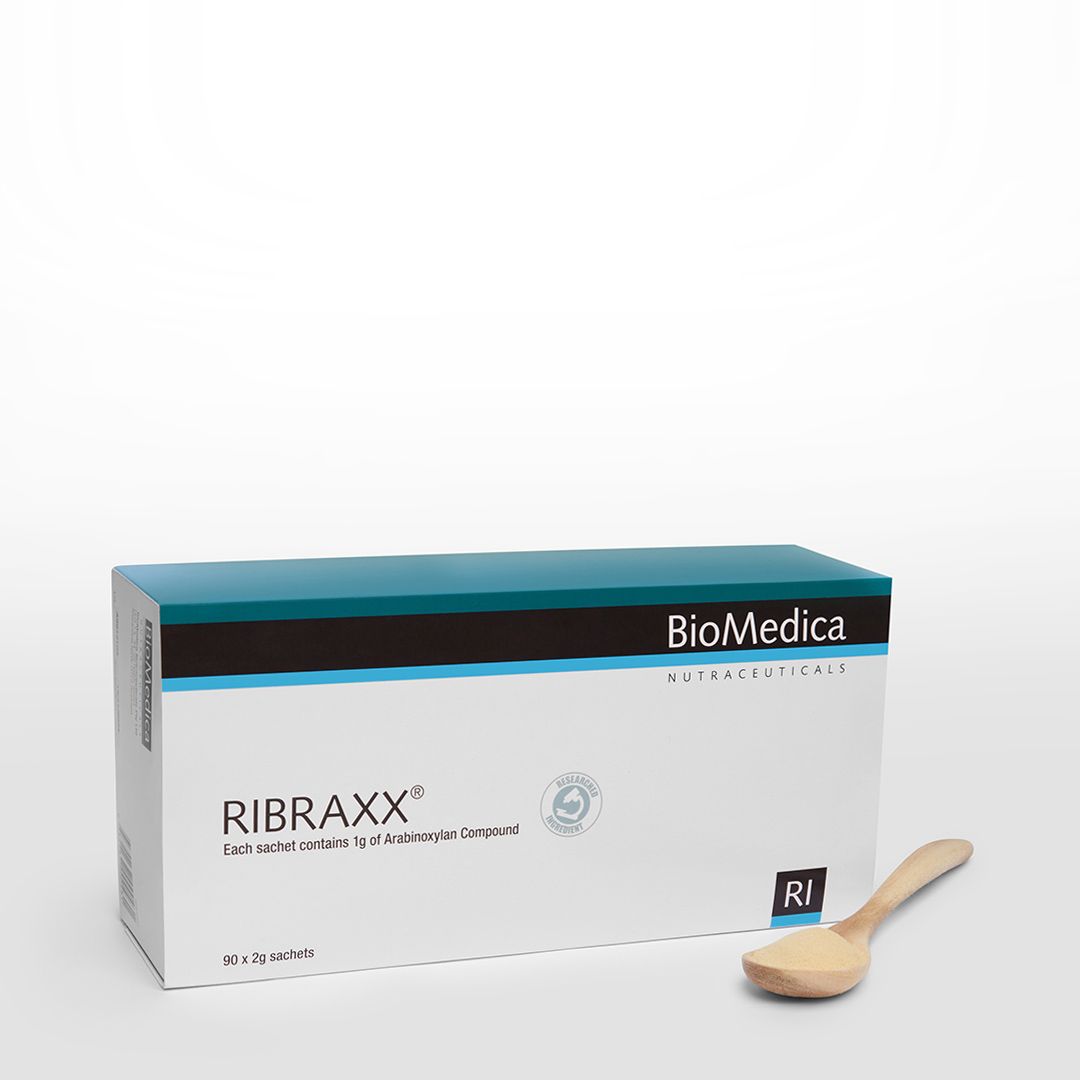
Ribraxx is a specialized enzyme-based nutraceutical formulation designed to support systemic detoxification, immune modulation, and cellular repair. It combines proteolytic enzymes, flavonoids, and cofactors to help the body break down fibrin, modulate inflammation, and optimize tissue recovery.

Ivermectin is a broad-spectrum antiparasitic and antiviral compound originally derived from the Streptomyces avermitilis bacterium. It was first introduced in the late 1970s and has since become one of the most important medicines in both human and veterinary health.
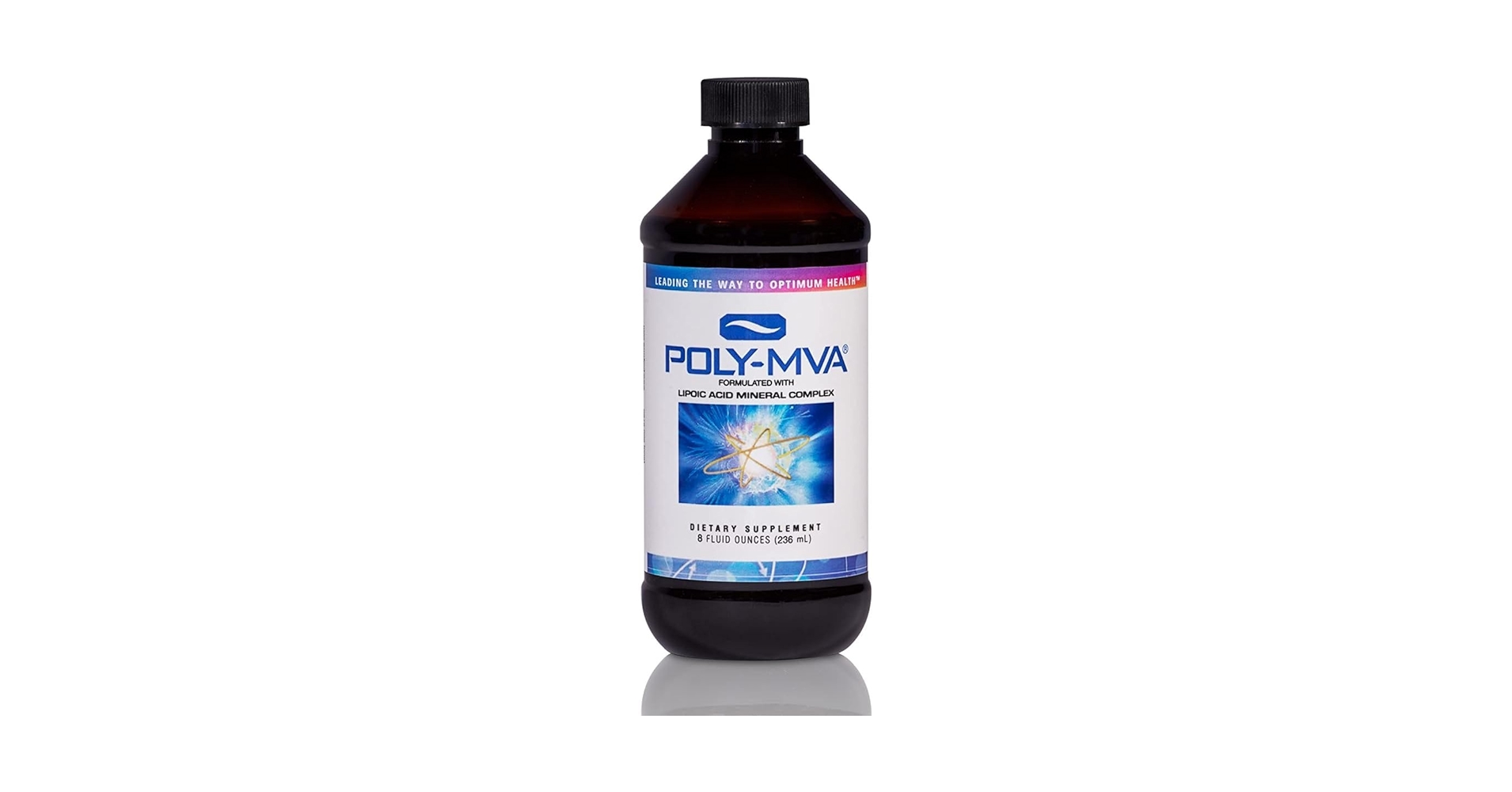
Poly-MVA is an advanced metallo-vitamin complex designed to support cellular energy production, antioxidant defense, and DNA repair. It combines lipoic acid, palladium, and B-vitamin cofactors into a unique water-soluble compound that bridges nutritional biochemistry and mitochondrial medicine.
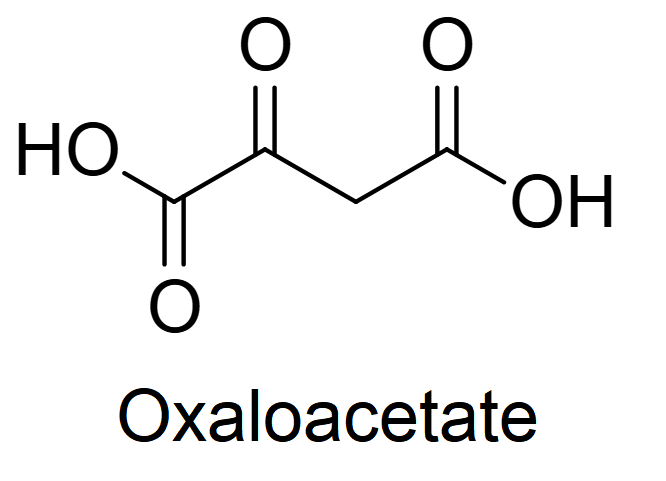
Oxaloacetate (OAA) is a naturally occurring metabolic compound that plays a central role in the Krebs cycle—the body’s primary energy-producing pathway within the mitochondria. It is a key biochemical intermediate that helps convert nutrients into ATP (adenosine triphosphate), the molecule that powers nearly every cellular process.

Onkobel-Pro is a scientifically formulated botanical complex designed to support healthy cellular function, immune balance, and enzymatic regulation. It combines purified extracts of Pao Pereira, Rauwolfia vomitoria, and Ginkgo biloba (golden leaf)—along with magnesium as a metabolic cofactor.

IP6, also known as Inositol Hexaphosphate or Phytic Acid, is a naturally occurring compound found abundantly in whole grains, legumes, nuts, and seeds. It is a phosphorylated form of inositol, a vitamin-like molecule that plays a key role in cellular signaling and metabolic regulation.

Use low-dose radiation to create images of the inside of the body.
-
May reduce risk of hormone-related cancers
-
Supports DNA repair mechanisms
-
May enhance chemotherapy effectiveness
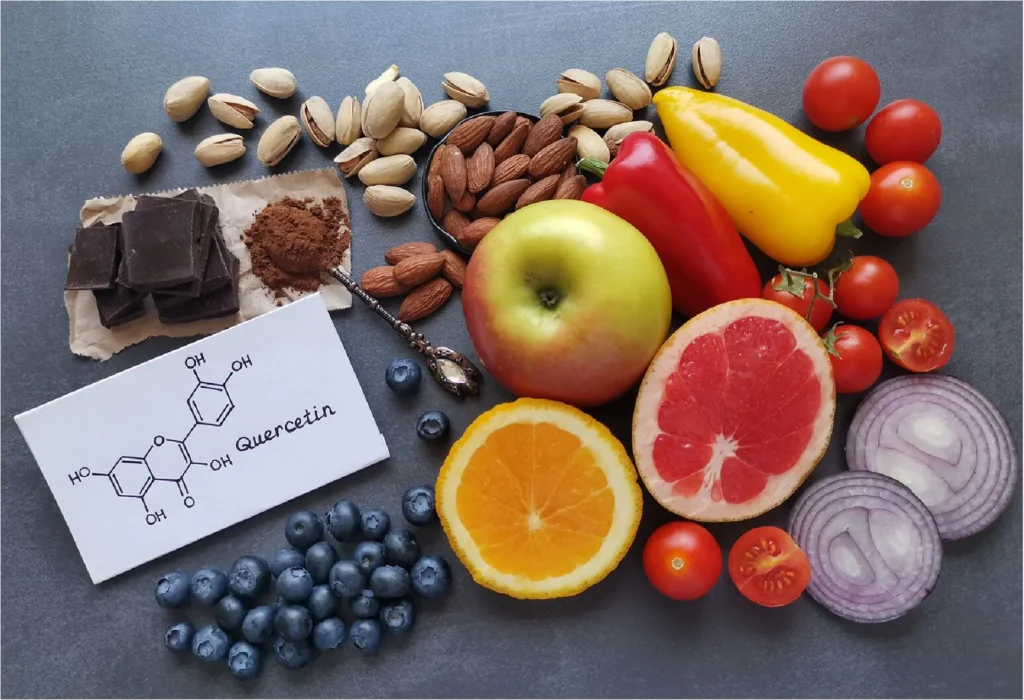
A flavonoid antioxidant found in apples, onions, and berries, with anti-inflammatory and anti-cancer properties.
-
Modulates cell signaling pathways
-
May enhance immune function
-
Potential chemo-sensitizing effects
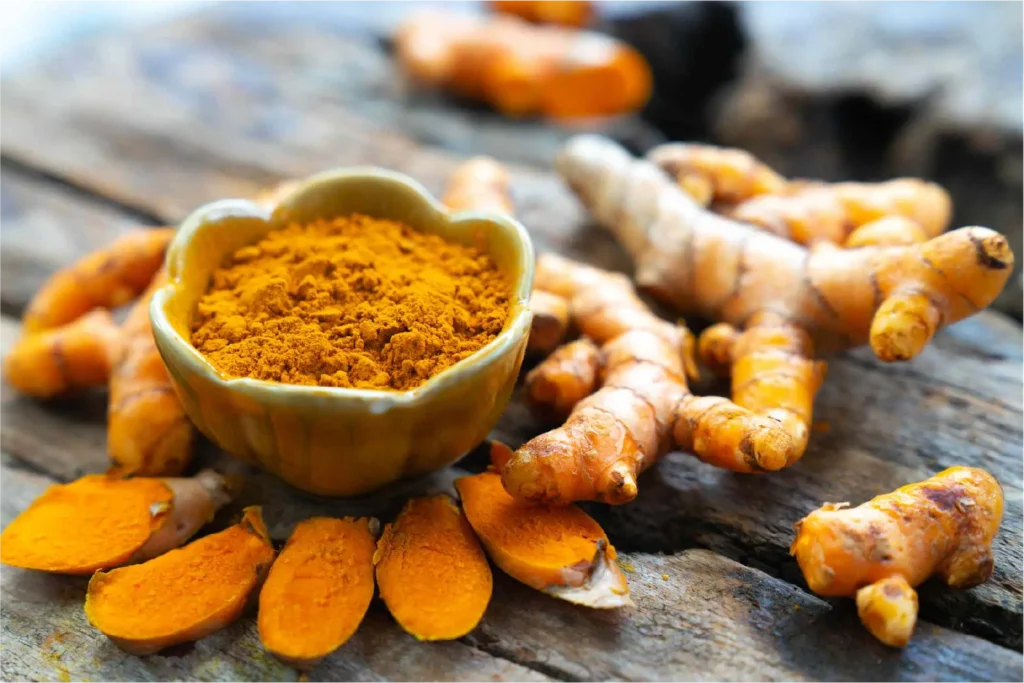
The active compound in turmeric, known for its anti-inflammatory and anti-cancer properties.
-
Inhibits NF-κB pathway activation
-
Supports liver detoxification
-
May reduce chemotherapy side effects

A polyphenol found in grapes and red wine, with antioxidant and potential anti-cancer effects.
-
Activates sirtuin proteins
-
Suppresses cancer cell survival
-
May enhance DNA repair

A powerful antioxidant from green tea, shown to inhibit cancer cell growth and angiogenesis.
-
Modulates epigenetic modifications
-
Inhibits metastasis
-
May enhance treatment response

A compound found in broccoli sprouts, known for its detoxification and anti-cancer properties.
-
Activates Nrf2 detox pathway
-
Induces cancer cell apoptosis
-
Modulates inflammatory pathways

A compound found in cruciferous vegetables, which may help regulate hormone metabolism.
-
Promotes healthy estrogen metabolism
-
May reduce risk of hormone-related cancers
-
Supports detoxification pathways

A metabolite of indole-3-carbinol, which may help balance hormones and support detoxification.
-
Optimizes estrogen metabolism
-
May inhibit cancer cell proliferation
-
Supports immune function

A powerful antioxidant found in tomatoes and other red fruits, with potential anti-cancer effects.
-
Protects against oxidative damage
-
May reduce risk of prostate cancer
-
Inhibits cancer cell growth

A flavonoid found in celery, parsley, and chamomile, with anti-inflammatory and anti-cancer properties.
-
Inhibits cancer cell proliferation
-
Suppresses angiogenesis
-
May enhance chemotherapy sensitivity

A flavonoid found in chamomile tea and vegetables, with potential anti-cancer and anti-inflammatory effects.
-
Induces cancer cell apoptosis
-
Inhibits metastasis
-
Modulates immune response
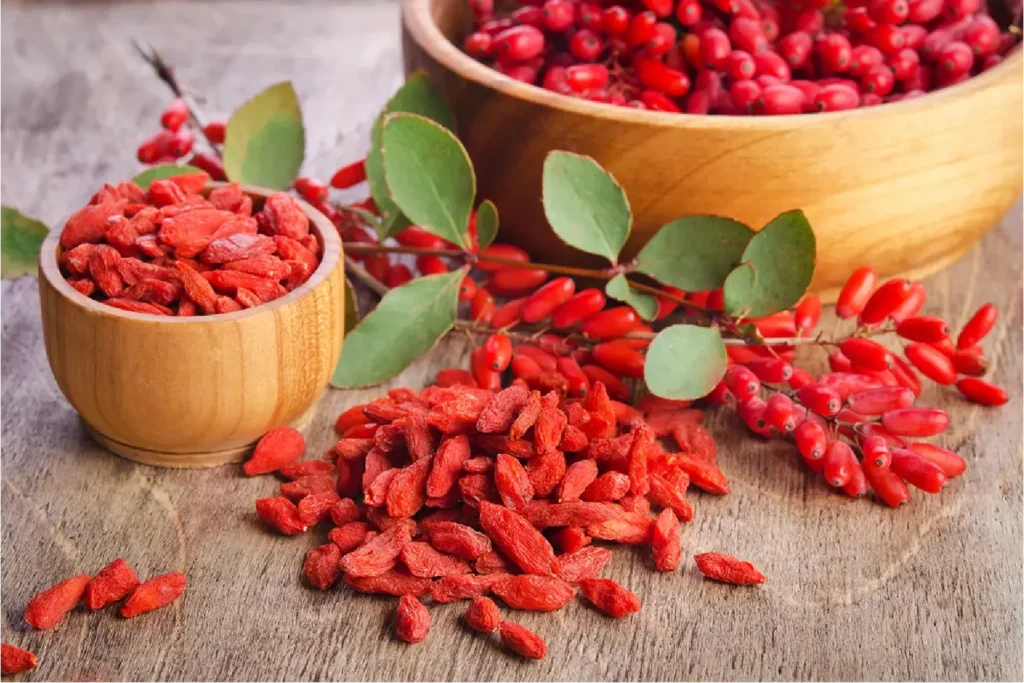
A compound found in goldenseal and barberry, with anti-cancer, anti-inflammatory, and metabolic benefits.
-
Regulates glucose and lipid metabolism
-
Induces cancer cell death
-
Suppresses cancer stem cells
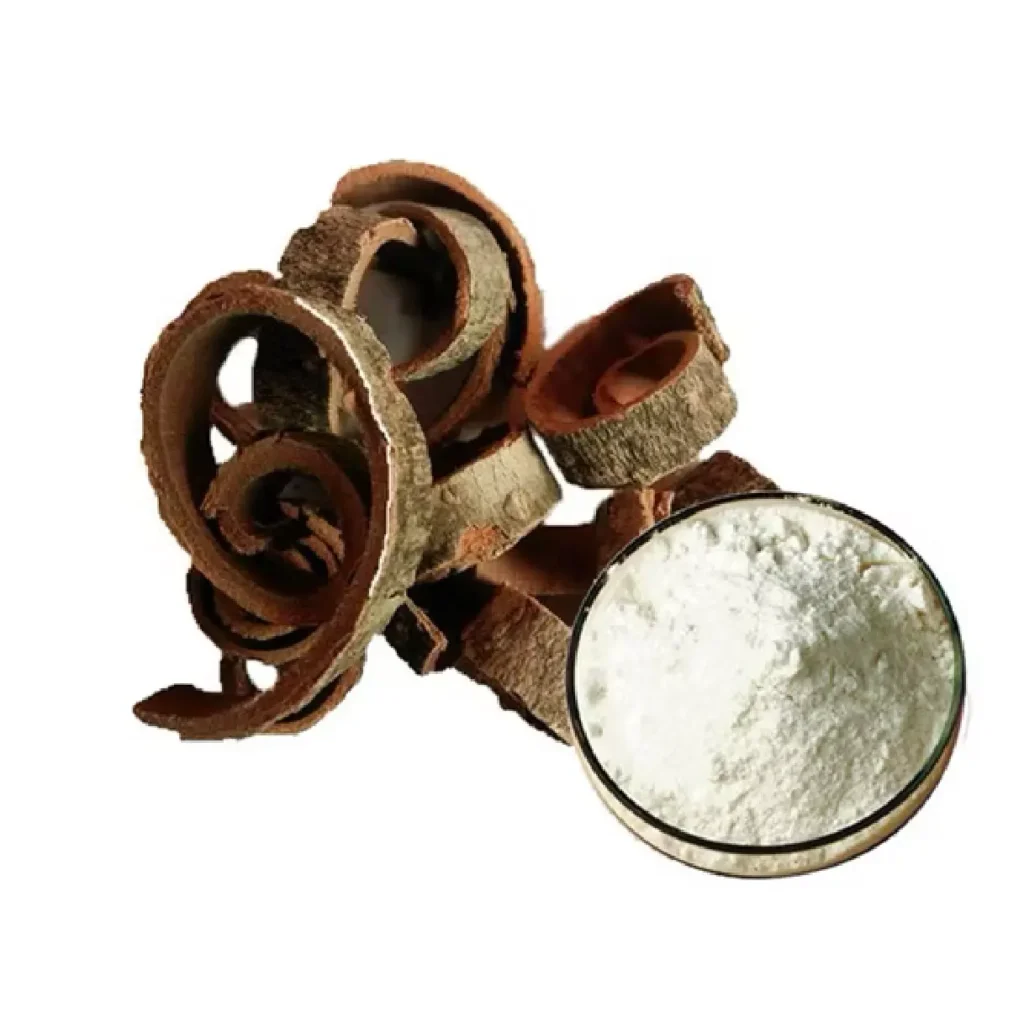
A compound found in magnolia bark, with anti-inflammatory, anti-angiogenic, and anti-cancer properties.
-
Inhibits cancer cell migration
-
Suppresses tumor growth
-
May enhance chemotherapy efficacy

A compound derived from sweet wormwood, with potential anti-cancer properties targeting iron-rich cancer cells.
-
Selectively targets cancer cells
-
Induces oxidative stress in tumors
-
May enhance chemotherapy effects

A hormone regulating sleep-wake cycles, with potential anti-cancer and immune-supportive properties.
-
Regulates circadian rhythm
-
Enhances immune function
-
May inhibit cancer cell growth
How to Choose the Best Supplement Brand
Not all supplements are created equal. Here’s what to look for when selecting a high-quality product.
Scientific Research
Scientific Research Look for supplements backed by clinical studies, especially those specific to cancer cell lines or patient populations.
Third-Party Testing
Choose brands that undergo independent testing for purity, potency, and contaminants (e.g., NSF, USP, ConsumerLab).
Quality Ingredients
Opt for products with high-quality, bioavailable ingredients and minimal fillers, additives, or artificial colors.
Start Your Educational Journey Today
Empower yourself with knowledge about precision metabolic oncology and take an active role in your cancer care journey.
